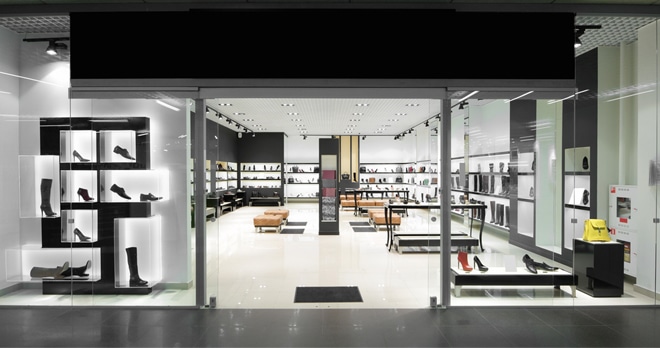Considering commercial property? Here’s what you need to know about new or refurbished retail units

1. Collateral warranties
The tenant obligations in most institutional leases mean that you could find yourself having to sort out defects in the landlord’s premises due to poor workmanship or design. When you sign the lease, you should make sure that the landlord provides you with adequate collateral warranties or rights of action from their professional team, so that you can look to them to repair any defects.
2. Size tolerances
If it is important that a new or sub-divided unit falls within certain size tolerances, these should be stated in the landlord’s specification. If the size of the unit, as built, falls outside the agreed tolerances, make sure that you have the ability to walk away if that makes it unsuitable.
3. Completion date
The landlord’s building programme could be thrown off course by unforeseen problems. You do not want to be waiting around indefinitely so make sure that there is a long stop date by which, if the landlord has not been able to complete this work, you have the right to walk away.
4. Planning permission
The landlord may have to obtain planning permission for the proposed building works, which might be granted subject to conditions over which you have no control. You need to have the right to walk away if the planning permission contains conditions that might restrict your use of the unit (e.g. restrictions on hours of usage) or that would otherwise make it unviable.
5. Registration
Sometimes, tenants agree to carry out some of the work for the landlord, e.g. an amenity block. If the landlord pays you to carry out any such work, you may need to be registered with the construction industry scheme to receive payment from them.
6. Trading period
There are peak trading periods in every year for most retail businesses. You should consider a Santa clause so that you can complete the lease between agreed dates, allowing you time to fit out or take advantage of a peak trading period.
There may also be other types of property that might be appropriate for your business. For more information get in touch with our team.